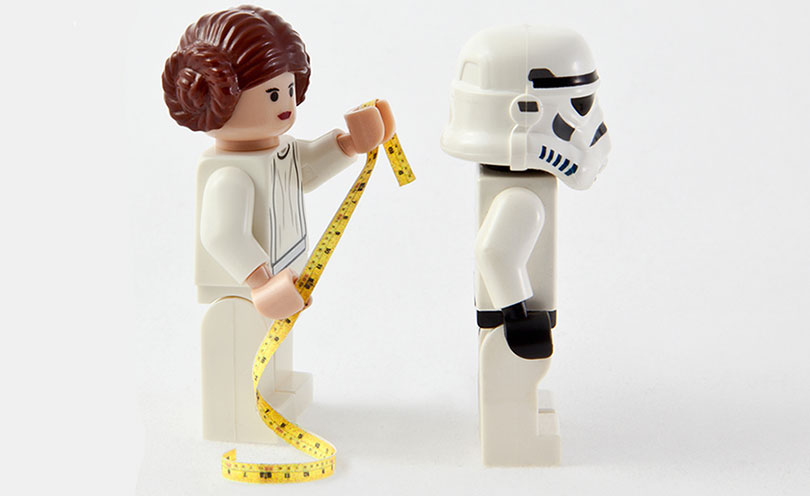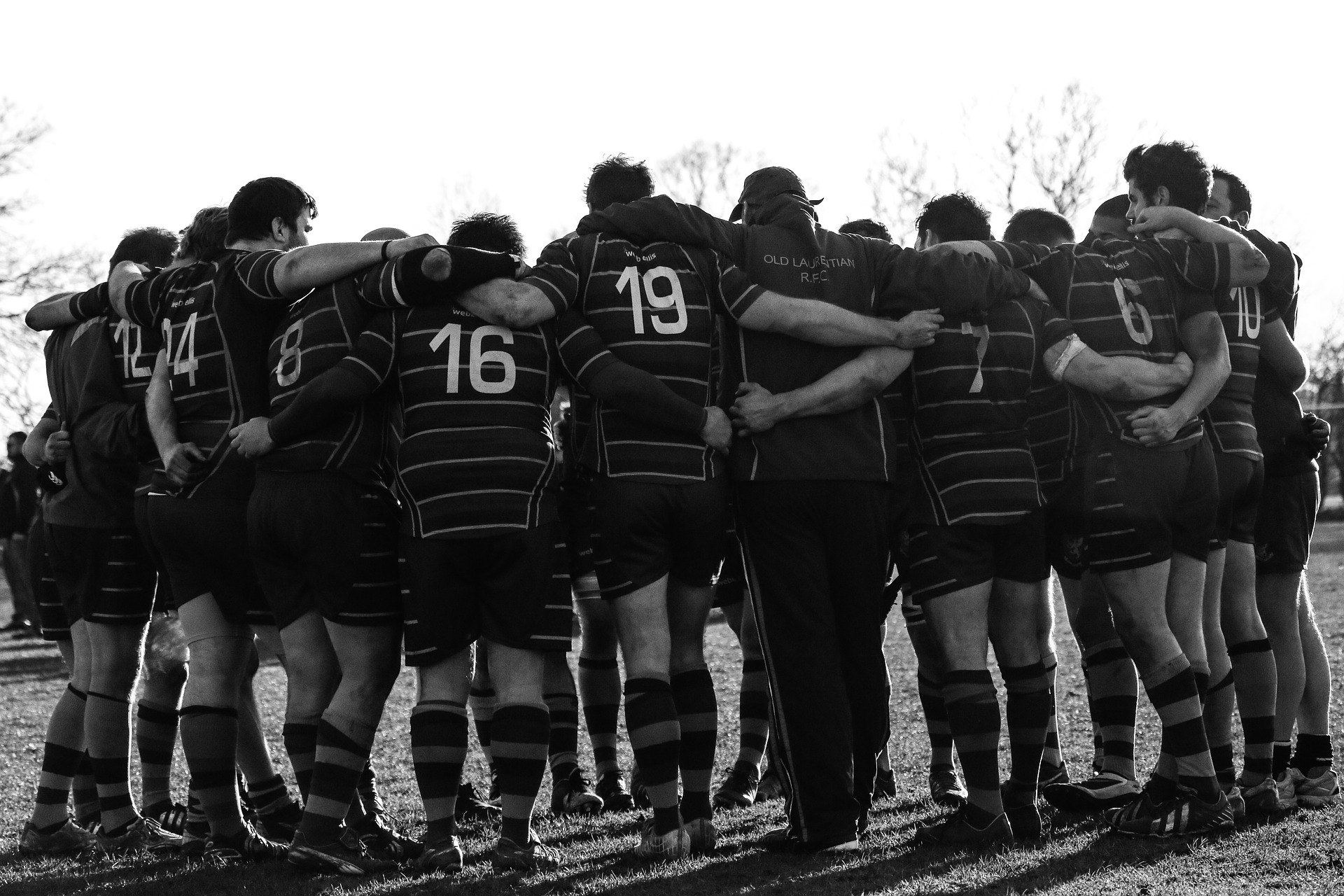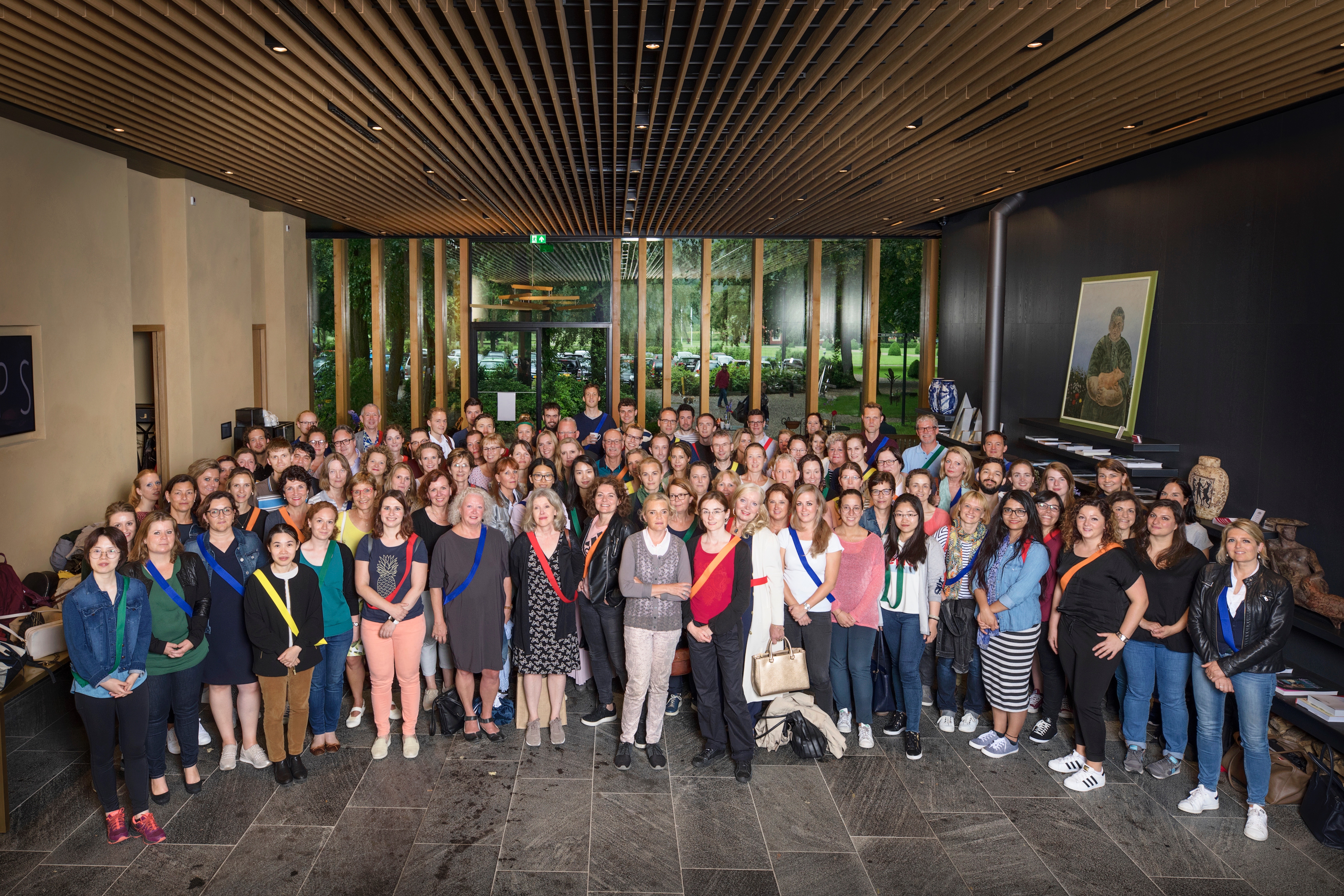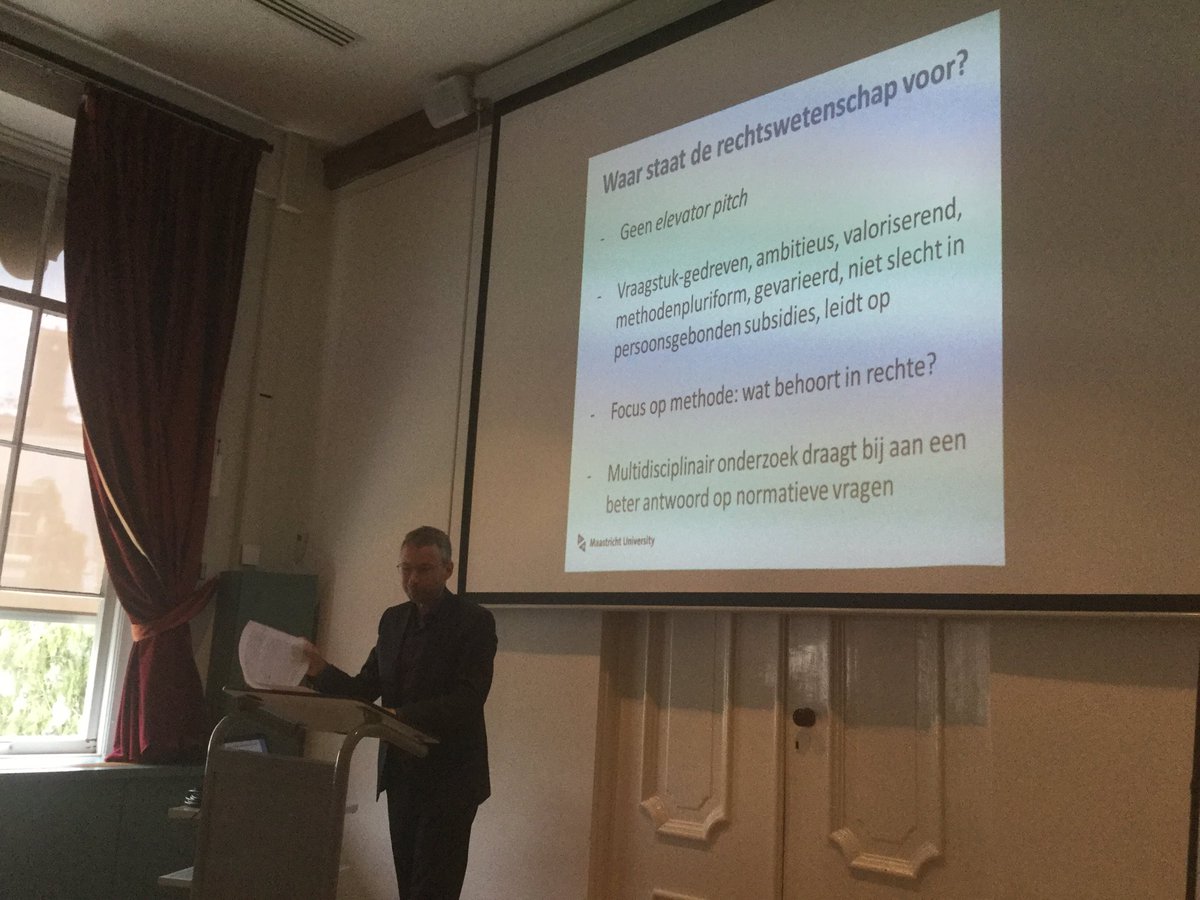Latest blog articles
-
Over the years, I have heard various colleagues say they thought empirical legal research (ELR) has been on the rise. Some see this as a positive development, making law and legal research more evidence-based and diverse.
-
2018 is the first year in history when more than half of the world’s population is online. Since its dawn, the Internet has changed many aspects of daily life. The first wave of the Internet saw a change in communication: the use of e-mails and the rise of Internet browsers facilitated online...
-
Technological innovation and law have always made a good pair - as society evolves, so do (some of) our legal needs. Pockets of research expertise on law and technology have been around for decades, and so have law journals on the subject.
-
Dowsing is the ability to detect the source of things. Dowsing for a source of legal ideas must start at an early stage in academic life, when students write their first legal papers. This ability is mastered if students and tutors interact in the process of developing academic legal research skills...
-
Imagine you, a researcher, are given a bag of money, unlimited time and personnel. What research would you do? Gijs van Dijck, Professor of Private Law, would like to set up an experiment with the larger insurance companies in the Netherlands, focussing on the best way to deal with compensation.
-
At the annual Faculty awayday the new Faculty Innovation Prize was awarded. This brings a new tradition to life.
-
This is a brief analysis of Facebook’s data sharing practices under unfair competition rules in the US and EU. A paper on this topic co-authored by myself and MEPLI research fellow Stephan Mulders will be available shortly, and it will be presented at the Amsterdam Privacy Conference in October 2018...
-
Van Vliet emphasises: looted art is legally very complex. “The cases are terribly complicated. To begin with, how do you find out what happened back then? It starts for example with research into the heirs: you have to ensure that you have access to all the wills and division of joint property (in...
-
When a marriage no longer works, you break up. Divorce proceedings are started and if all goes well, both partners can go on to live their own lives. At least, that is how it works with a civil marriage. What kind of problems do women encounter in a religious divorce?
-
Many things go well in Dutch legal academia. However, there is a need for legal academics to be more visible to the outside world. They should show why law must have a central place in the big research themes of today.









